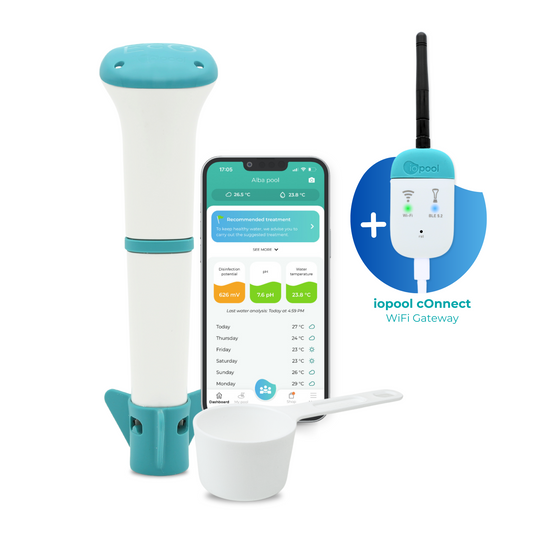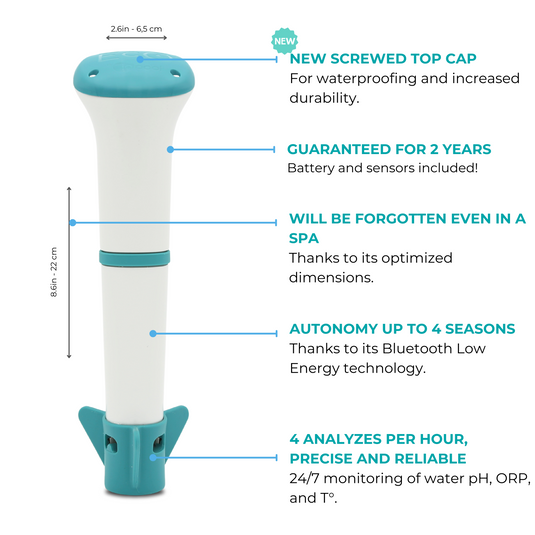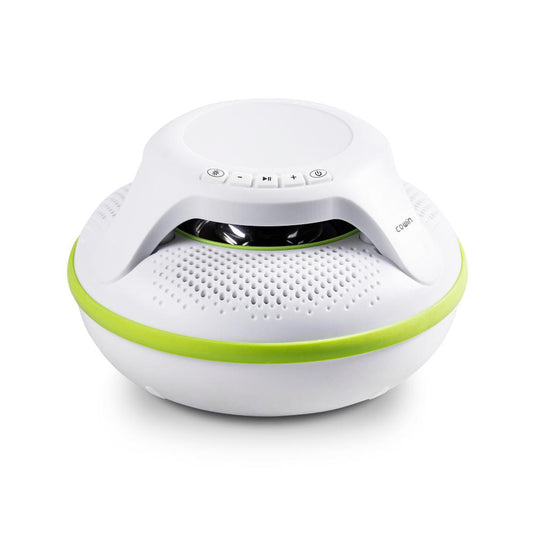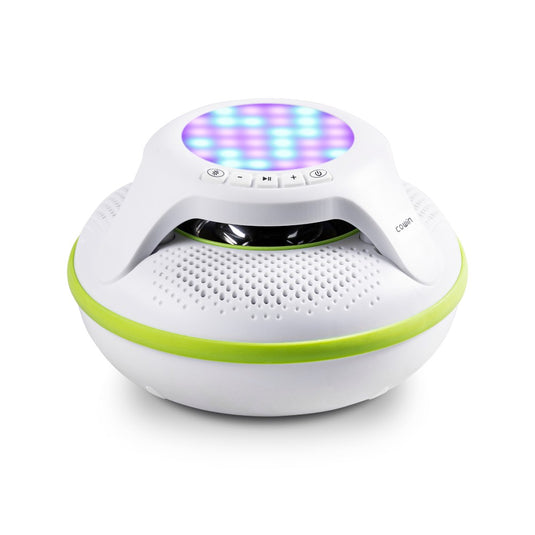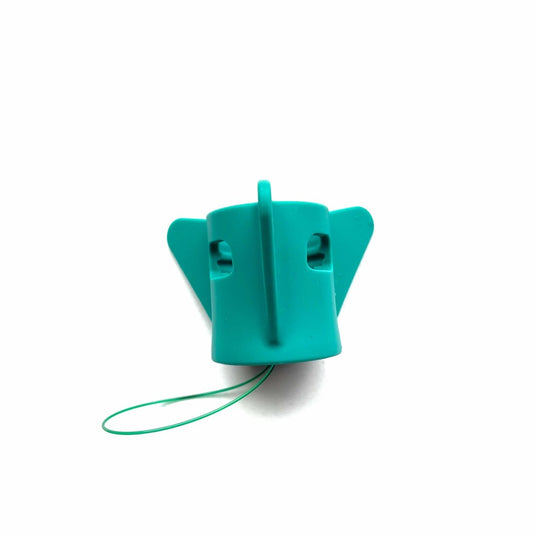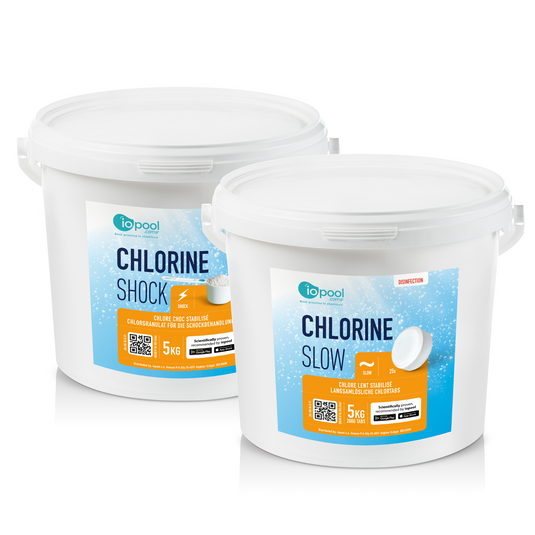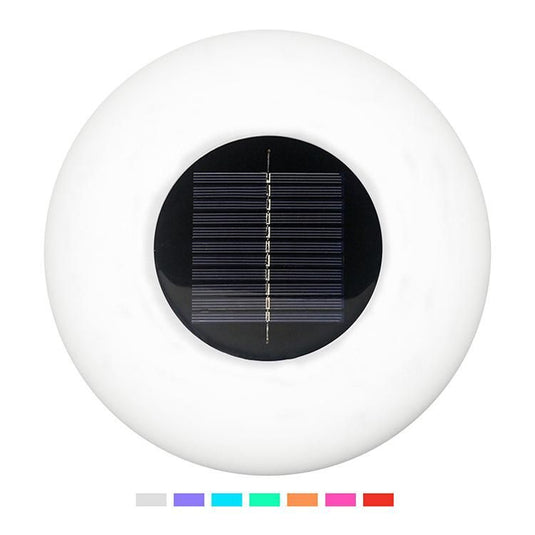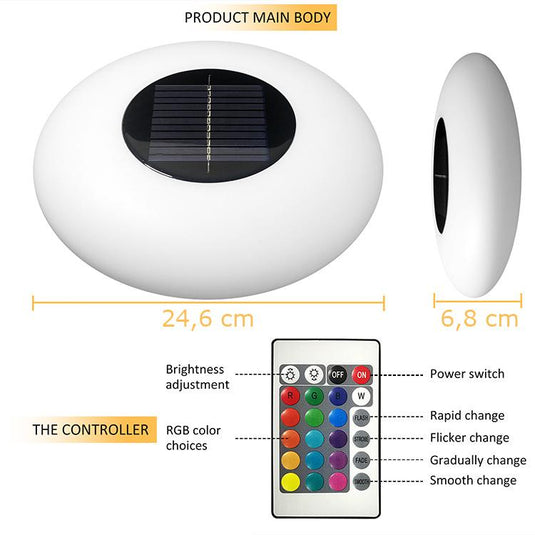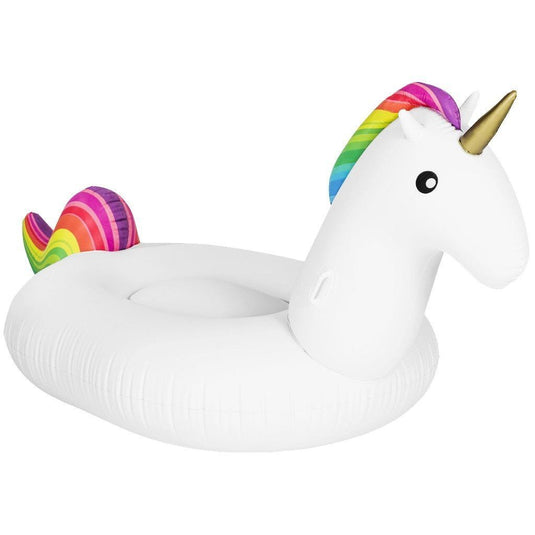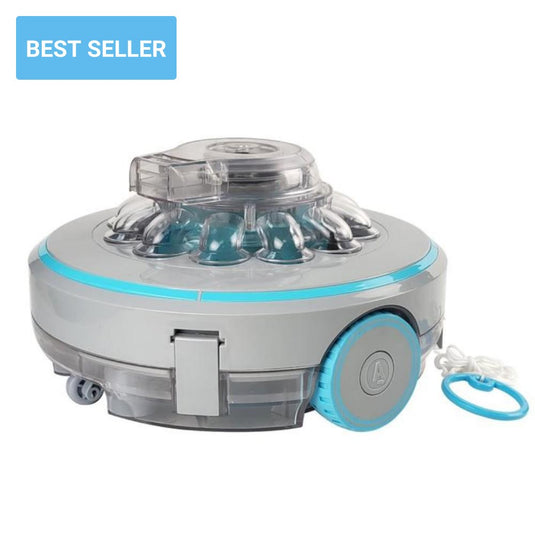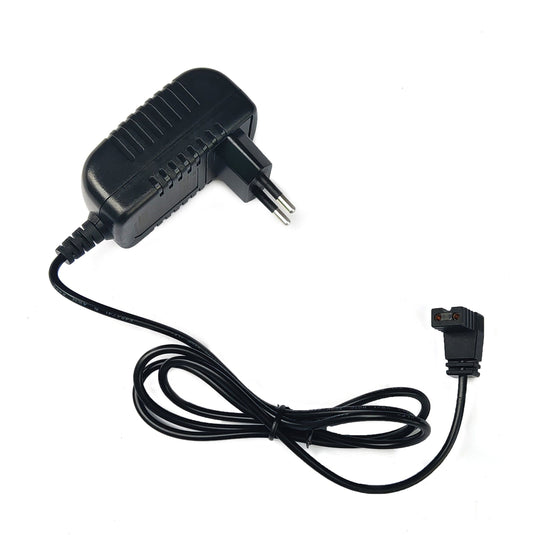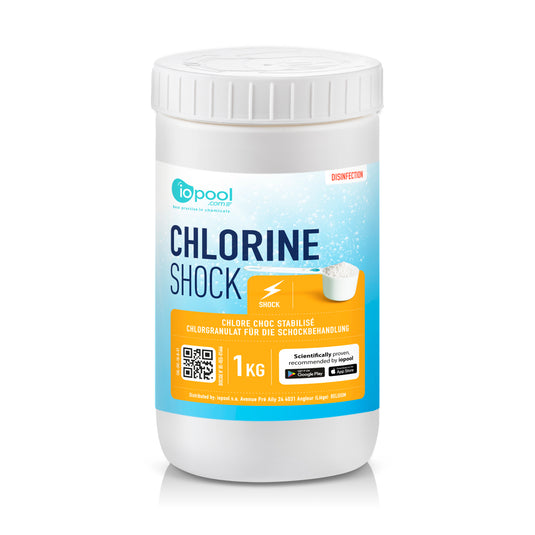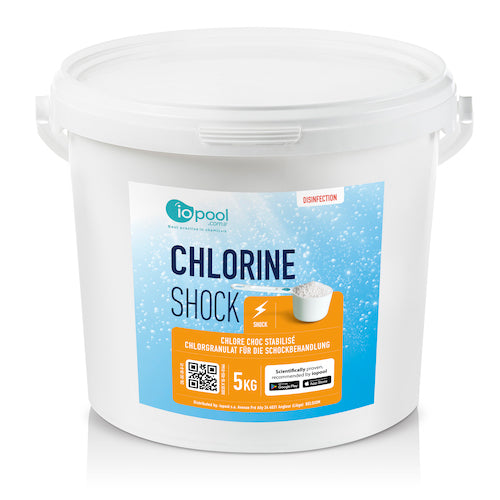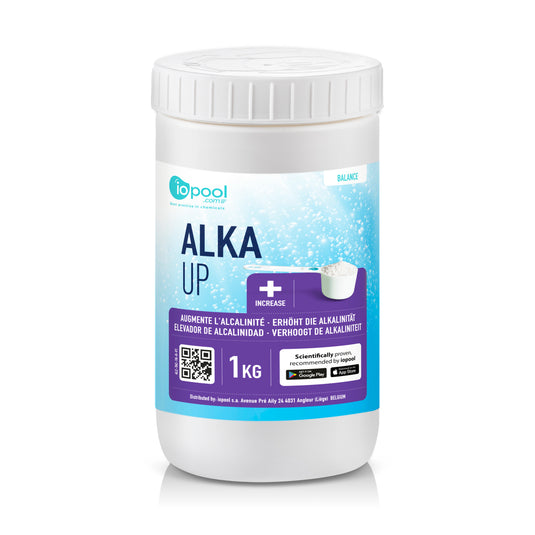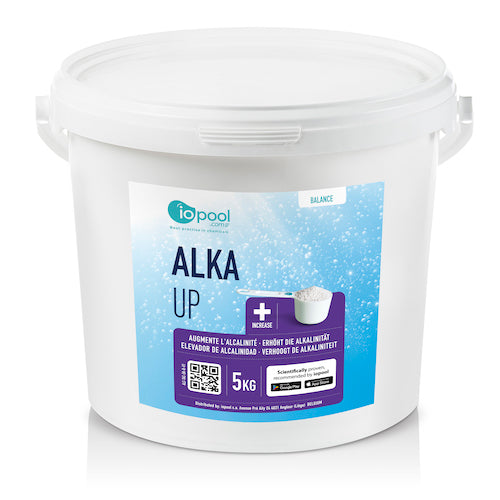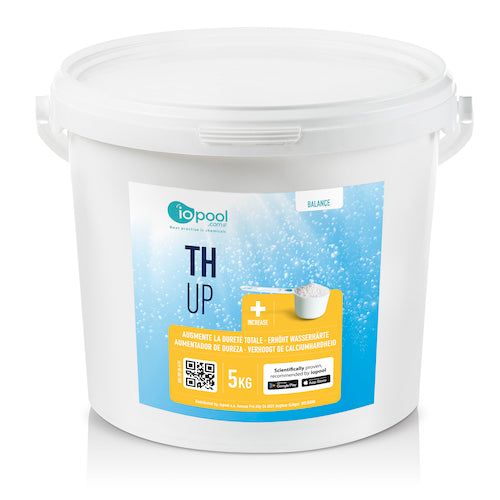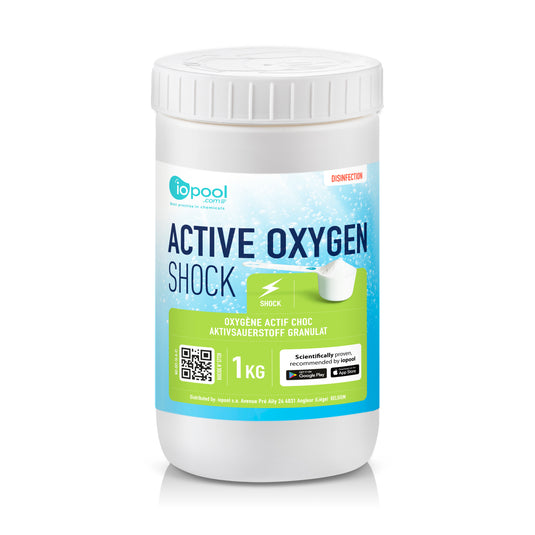How to Choose the Best Solar Pool Collector
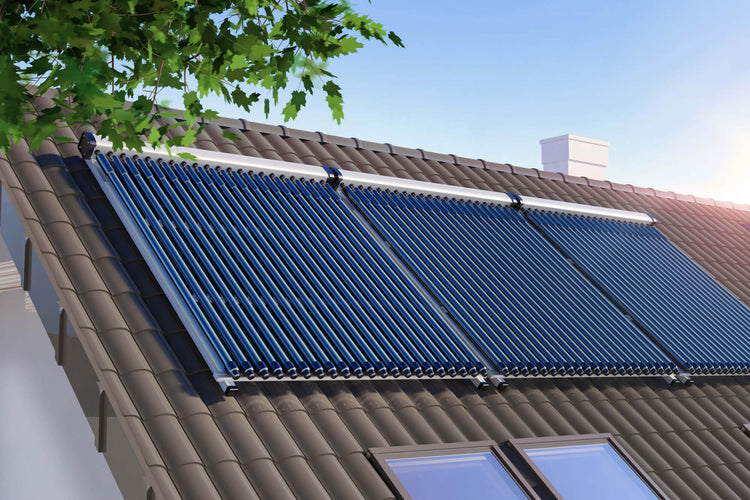
Want to keep the water warm without sky-high energy bills? Consider a solar pool heater. Solar energy systems let you enjoy your pool past swimming season while saving you hundreds in heating costs. Purchasing and installing one of these systems is not cheap. So, deciding to invest in one takes a lot of consideration.
What is a Solar Pool Collector?
A solar pool heating system involves pumping water through a group of tubes—known as solar collectors. These tubes are mounted on the ground or on your home's roof. The sun's energy heats the water, returning it to your pool.
This heating system works with your pool's equipment and is automated. So, you get to set the desired temperature using a control panel. And some systems can automatically detect the temperature of the water and transfer it to the solar collector, where it will heat the water and deliver it to your pool.

Why Should You Consider Getting a Solar Pool Collector?
A solar pool collector yields many benefits. Check out a few reasons why you should think about getting a residential solar heater:
They Produce and Retain Heat Well
Solar collectors are effective because they produce heat passively, capturing sunlight within their structure and then releasing it when the sun isn't out. Its structure allows it to retain heat better than other models and heaters.
They Last Longer
Solar heating systems typically come with 12-year warranties and boast a lengthy 15-20 year lifespan. Other heating methods have 2-3 year warranties and have a shorter lifespan than solar pool collectors.
They're Energy Efficient 💚
As the name implies, solar collectors use solar energy to pump warm water through the system. This mechanism uses significantly less energy than gas and electric-powered heaters.
And since they require less energy to operate, investing in a solar collector could save you hundreds on your electric or gas bills each year. In fact, according to the DOE, a solar-powered heater can pay for itself over the course of 2 to 7 years.
They're Convenient
Solar pool collectors are ready when you are. Gas and electric heaters often take hours (and sometimes days) to heat your pool water. However, solar-powered heaters automatically operate when the sun is out. So your pool stays warm all day, every day.
The Two Types of Solar Collectors
There are two types of solar collectors: glazed and unglazed. Here's the difference between the two:
Glazed
A glazed collector is made of copper tubing and sits on an aluminum plate. Because of their makeup, they're usually more expensive than unglazed kinds.
Glazed collector systems harvest more solar heat in cold regions than unglazed systems. So, they're more suitable for year-round use in many climates.
Unglazed
Unlike their glazed counterpart, unglazed solar collectors are made of plastic. Due to their simplified design, they're more affordable than glazed models. In addition, since they have no glazing, these collectors can absorb a lot of sunlight. However, unglazed solar collectors aren't insulated. So, heat is lost under windy weather conditions.
How to Choose the Right Solar Collector For You
As we mentioned earlier, solar pool collectors come in different materials. And the type you choose will depend on your climate and how you plan on using your solar collector.
Budget 💰
Buying a residential solar heater is expensive. On average, it costs between $4,000 to $5,000, which doesn't include installation. Solar installation ranges from $4,500 to $7,000.
So, the total cost for a solar energy system and installation can cost up to $12,000—for many, that's no drop in the bucket.
The cost will also depend on the type of system you purchase. For instance, unglazed panels will help you save on upfront expenses.
Efficiency
You can find out the efficiency of the solar collector by looking at the collector's thermal performance rating. It's measured in a variety of ways, two of which include:
- BTU (British Thermal Unit) per square foot
- MJ (Megajoule) per square meter per day
One BTU equals the energy required to increase the temperature of one pound of water by one degree. Megajoules refer to units of energy. And when measured over time, the power generated is called watts.
The higher the rating, the better the efficiency. However, we must also note that the value of your system should be judged by the total heat provided, not just by the heat per square foot. For instance, an undersized high-efficiency system will generate less energy than a lower-efficiency model with more square feet of panels.
💡High-efficiency solar pool collectors save you money in two ways. First, they produce more power and require fewer panels. So, you pay less for installation and electricity over time.
Other Things To Consider
What are your local codes associated with solar pool collectors?
⚠️ If you want to install solar heating, you will have to adhere to specific regulations and codes. You will probably need a building permit to install a solar energy system.
Restrictions and allowances will depend on your city, county, or township. Common roadblocks homeowners run into with building codes include:
- Exceeding roof load
- Unacceptable heat exchangers
- Improper wiring
- Unlawful tampering with local water supplies
Zoning issues may include:
- Obstructing sideyards
- Unlawful roof projections
- Building the system too close to streets and other lots
Before looking for solar energy systems, research your local codes and regulations. Ask your local homeowner's association if they have ordinances that may impact the design of your solar pool collector. Also, contact your local jurisdiction and ask about the current regulations.
What size does your pool require?
The size of your solar heating system will depend on how often you use your pool and your desired water temperature. According to the Department of Energy, your solar collector should be between 50% to 100% of the square footage of the pool's surface.
For example, if your pool has 400 square feet of surface area, your solar collector should be between 200 to 400 square feet in size. If you're looking to keep your pool open year-round, consider a solar collector that is the full size of the pool or larger.
Does your backyard get enough sunlight?☀️
How much sun your backyard gets will limit the power available to solar panels.
The collectors use direct solar radiation, which is sunlight that hits the collector directly. And it uses diffuse solar radiation, which is sunlight reflected from other objects. So regardless of where you live, your home probably gets enough sunlight to heat your pool.
What if your home gets lots of shade? You can compensate for less sunlight by getting a system with higher efficiency.
Experience the Benefits Solar Pool Heating
Are you ready to take the plunge and get a solar pool collector? To make the right decision, consider the size of your pool, your budget, your pool's energy needs, and your local zoning codes.
After you've purchased and installed a residential heating system, the benefits are bountiful. You'll enjoy warmer pool water, lower energy bills, and greater convenience.
After you've achieved the perfect pool temperature, maintain its health with the right products. Visit our shop and stock up on pool maintenance essentials.

